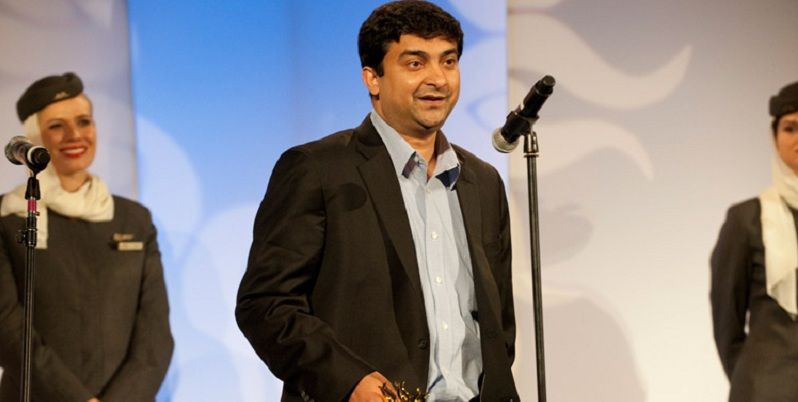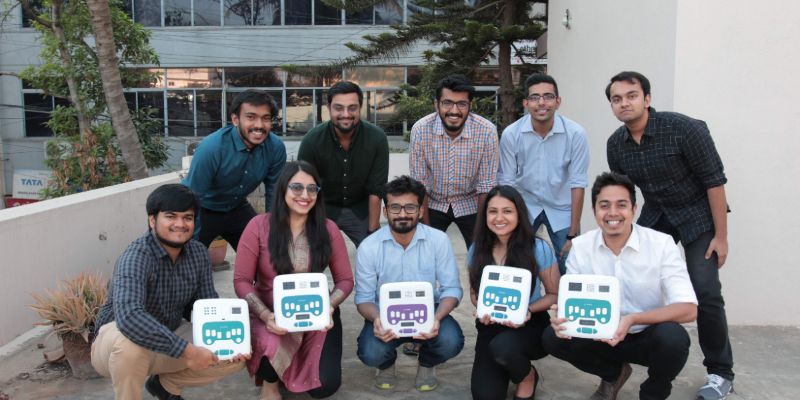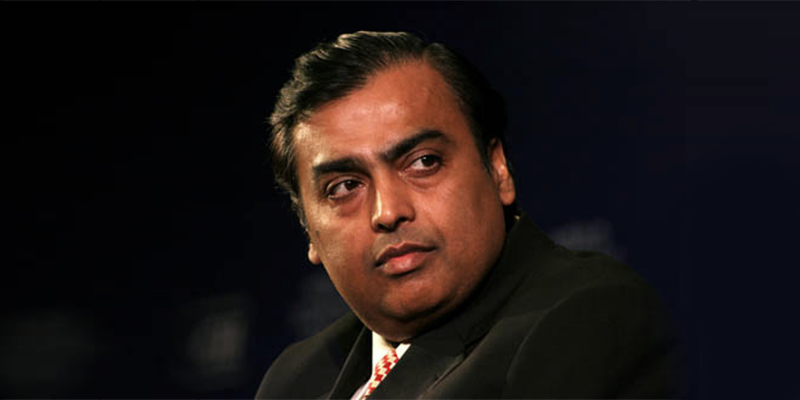Indian scientists from MIT and Harvard have developed a technology for effective cure of cancer
A team of Indian scientists from the prestigious Massachusetts Institute of Technology and Harvard Medical School have made an important breakthrough by developing a nano-technology which will help monitor the effectiveness of cancer therapy within hours of treatment.

Shiladitya Sen Gupta, a principal investigator at Massachusetts Institute of Technology‘s (MIT) Brigham and Women’s Hospital is a co-corresponding author of the breakthrough research published online this week in The Proceedings of the National Academy of Sciences told,
We have developed a nano-technology, which first delivers an anticancer drug specifically to the tumour and if the tumour starts dying or regressing, it then starts lighting up the tumour in real time. This way you can monitor whether a chemotherapy is working or not in real time, and switch the patients to the right drug early on. One doesn’t need to wait for months while taking a toxic chemotherapy only to realise later and after side effects that the drug hasn’t worked.
The first author of the paper is Ashish Kulkarni, who comes from a small village in Maharashtra. A junior faculty at Harvard, Kulkarni trained as a Chemical Engineer at ICT Mumbai, then did a PhD in chemistry at the University of Cincinnati. He said that by using this approach, the cells light up the moment a cancer drug starts working.
We can determine if a cancer therapy is effective within hours of treatment. Our long-term goal is to find a way to monitor outcomes very early so that we don’t give a chemotherapy drug to patients who are not responding to it. We’ve demonstrated that this technique can help us directly visualise and measure the responsiveness of tumours to both types of drugs, Kulkarni said.
Other members of the research team are Poornima Rao, Siva Natarajana, Aaron Goldman, Venkata S Sabbisetti, Yashika Khater, Navya Korimerla, Vineethkrishna Chandrasekara and Raghunath A Mashelkar. Except Goldman, all are Indian researchers.
Adding to it, Kulkarni said that a report on the nano particles can however give us an accurate read out of whether or not the cancer cells are dying. Current techniques, which rely on measurements of the size or metabolic state of the tumour, are sometimes unable to detect the effectiveness of an immunotherapeutic agent as the volume of the tumour may actually increase as immune cells begin to flood in to attack the tumour.
Also read : World Cancer Day: ‘Cancer had to fight me, I didn’t have to fight it’
The technology developed by the group can be used for monitoring the effectiveness of immunotherapy, a report said. Using a nanoparticle that delivers a drug and then fluoresces green when cancer cells begin dying, they were able to visualise whether a tumour is resistant or susceptible to a particular treatment much sooner than currently available clinical methods.







![[YS Exclusive] Whiteboard Capital commits up to Rs 100Cr more to invest in hardware startups to boost ‘Made in India’ drive](https://images.yourstory.com/cs/2/a0bad530ce5d11e9a3fb4360e4b9139b/SandeepTandon-01-1594465927166.png)
![[Funding alert] Contactless retail tech startup Gobbly raises $500K from Sauce.vc](https://images.yourstory.com/cs/2/b87effd06a6611e9ad333f8a4777438f/Imagefskc-1594011063679.jpg)


